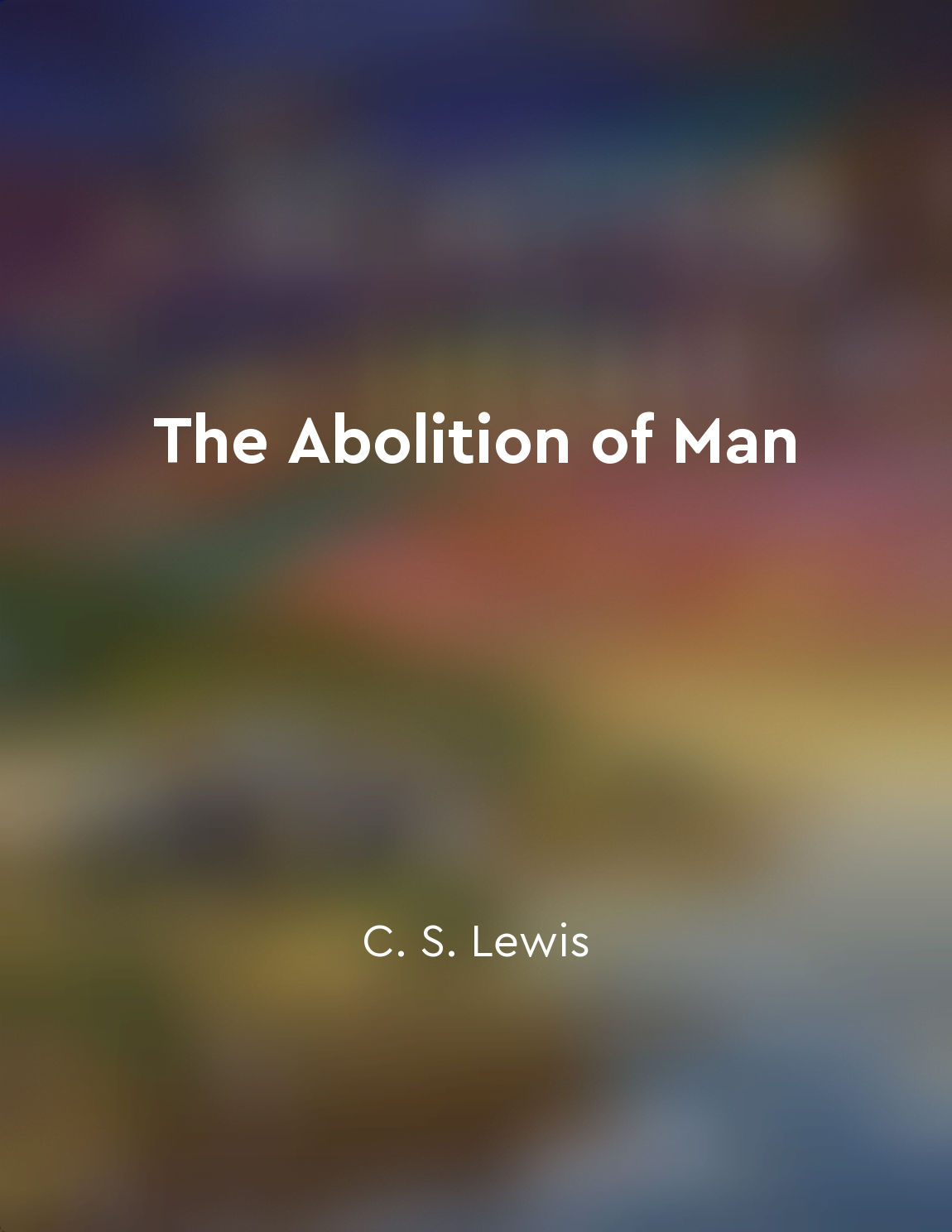Humans have a propensity for fairness and equality from "summary" of A Natural History of Human Thinking by Michael Tomasello
In the course of human evolution, our species has developed a remarkable capacity for cooperation and social interaction. One of the key aspects of this capacity is a strong inclination towards fairness and equality in social interactions. This propensity for fairness and equality is deeply ingrained in human nature and has played a crucial role in shaping human societies. From a very young age, children show a keen awareness of fairness and a strong desire for equality. Research has demonstrated that even infants as young as 15 months old display a preference for fairness and are quick to react when they perceive unfair treatment. This suggests that the inclination towards fairness and equality is not simply a learned behavior but is, in fact, a fundamental aspect of human cognition. The drive for fairness and equality is not limited to specific individuals or groups but appears to be a universal trait shared by all human beings. Studies conducted across different cultures and societies have consistently shown that people from diverse backgrounds exhibit a strong preference for fairness and equality in various social contexts. This suggests that the propensity for fairness and equality is a deeply rooted aspect of human psychology that transcends cultural and societal differences. The importance of fairness and equality in human societies cannot be overstated. In the absence of fairness and equality, social cohesion and cooperation would be severely compromised, leading to conflicts and instability within communities. By promoting fairness and equality, humans are able to establish trust and cooperation, allowing for the development of complex social structures and cooperative behaviors.- The concept that humans have a propensity for fairness and equality is a fundamental aspect of human nature that has played a pivotal role in shaping human societies. This innate drive towards fairness and equality has enabled humans to establish cooperative relationships, foster social cohesion, and create stable and thriving communities.
Similar Posts

The consequences of rejecting objective truth
When we reject objective truth, we are cutting ourselves off from the very foundation of morality and ethics. Without a standar...
Sexual conflict arises from differences in reproductive interests
In the throes of evolutionary history, males and females engage in a perpetual struggle over reproductive success. This conflic...

The connection between physical health and mental wellbeing
Our bodies and minds are deeply interconnected, with each affecting the other in numerous ways. The state of our physical healt...

Invention is a collective endeavor
Invention is a collective endeavor that involves the contributions of many individuals, each building on the ideas and discover...
Sustainability is essential for societal longevity
Sustainability lies at the very heart of societal longevity. Without sustainable practices, a society risks depleting its vital...

Human history is a series of interconnected revolutions
Human history, far from being a straightforward linear progression, is actually a complex web of interconnected revolutions. Th...
Bounded rationality limits our ability to make optimal choices
Bounded rationality is a fundamental concept that shapes our decision-making process. It refers to the idea that our cognitive ...
We are motivated by a need for belonging
The need for belonging is a fundamental motivation that drives much of human behavior. From an early age, we seek out connectio...
Beliefs stem from lively and forceful impressions
Beliefs arise from the vivacity and strength of our perceptions. When an idea or impression strikes us with great force and liv...
Social relationships: affect choices
Social relationships play a crucial role in influencing the choices we make on a daily basis. Our interactions with others have...

